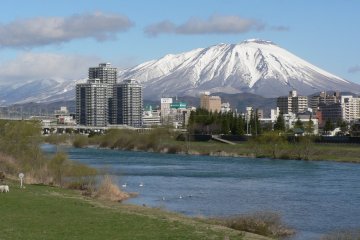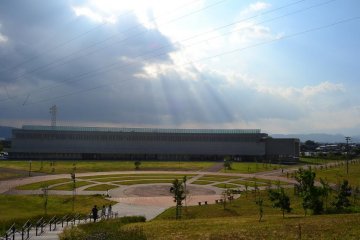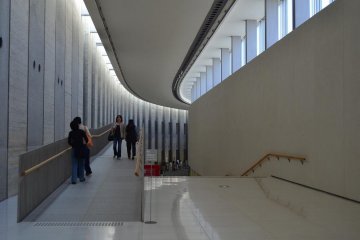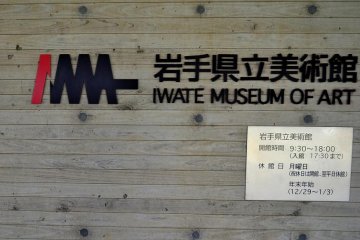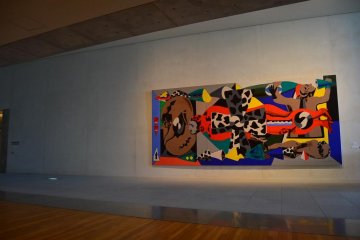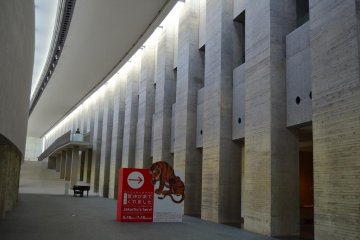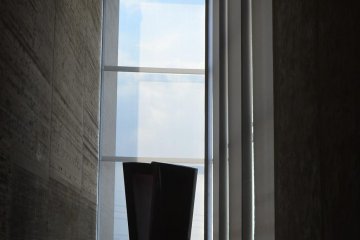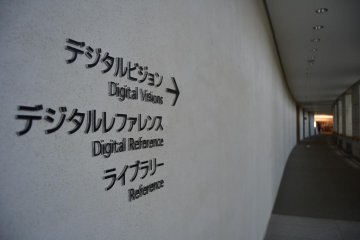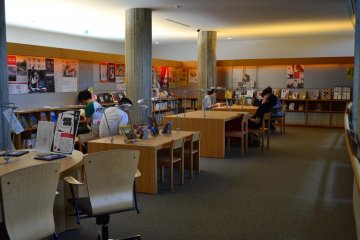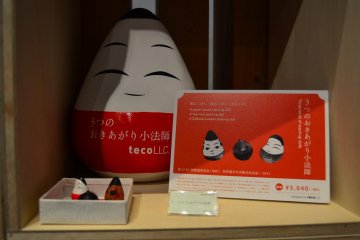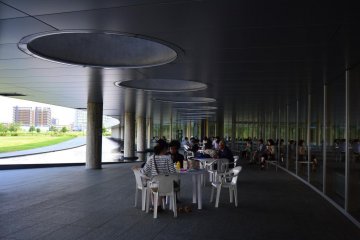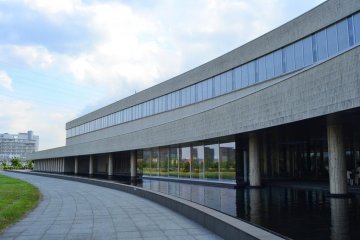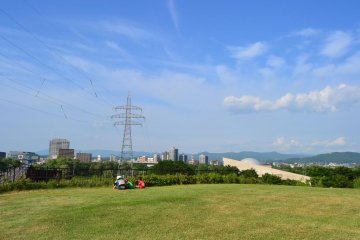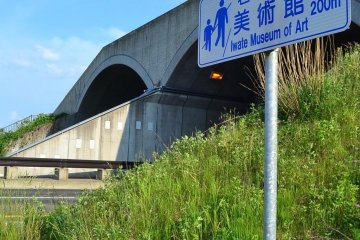This very wide, modern building was built in 2001 in order to exhibit the works of Iwate's local artists. There are several permanent exhibition rooms inside with various kinds of fine art displays. Paintings, sculptures, pottery, with both modern and contemporary designs, are on display in this museum.
Iwate Museum of Art consists of two floors. The second floor is used for permanent exhibitions. Here you can appreciate the fine art works from Japanese artists. There are three local artists who have permanent exhibitions here. They are Tetsugoro Yorozu, Shunsuke Yamamoto, and Yasutake Funakoshi. The one exhibition that amazed me was that showcasing the sculptures made by Funakoshi Yasutake. He has a unique artistic sense since his sculptures are influenced by European culture.
Funakoshi is an artist and also Professor of Fine Art who was born in Ichinohe Town, Iwate Prefecture. He spent almost his entire life learning sculpture and participates in fine art exhibitions. He received many awards. In 1999, just two years before he passed away, he received an award as a Person of Cultural Merit.
One of his works that really fascinated me here is Hara-no-Jo. In my opinion, this sculpture looks so vivid and seems to tell the visitor about the events it depicts. This 197cm bronze statue was inspired by the Shimabara Uprising in 1637 when Funakoshi visited the ruins of Hara Castle. Because of this work of statue, he won the 3rd Nakahara Tejiro Prize and then donated the statue to the Vatican Palace.
There are four exhibition halls on the second floor with fascinating displays to discover. Besides that, there is also a cozy and comfortable library on the same floor where you could study and learn more about fine art.
Usually, visitors come to the second floor first and then return to the first floor, which is used for non-permanent exhibition or other events. They also hold meet and greets with local artists so you may be visiting when such an event has been scheduled.
There is a museum shop where you can buy artistic merchandise and souvenirs. The admission fee for adulst is ¥800 and photography inside is prohibited.





